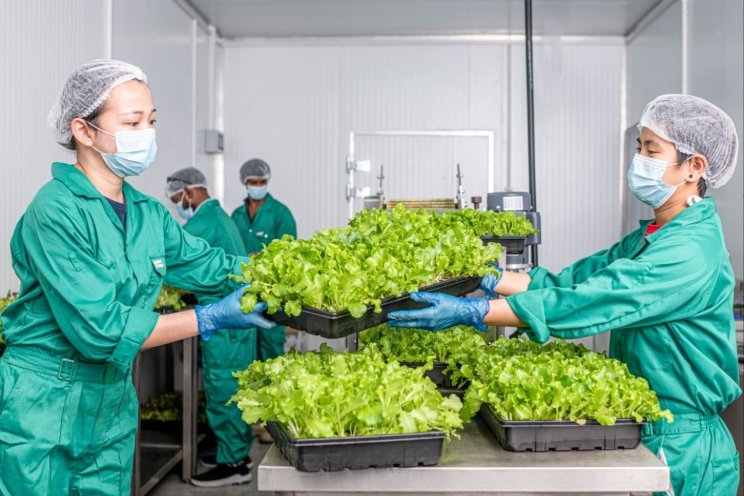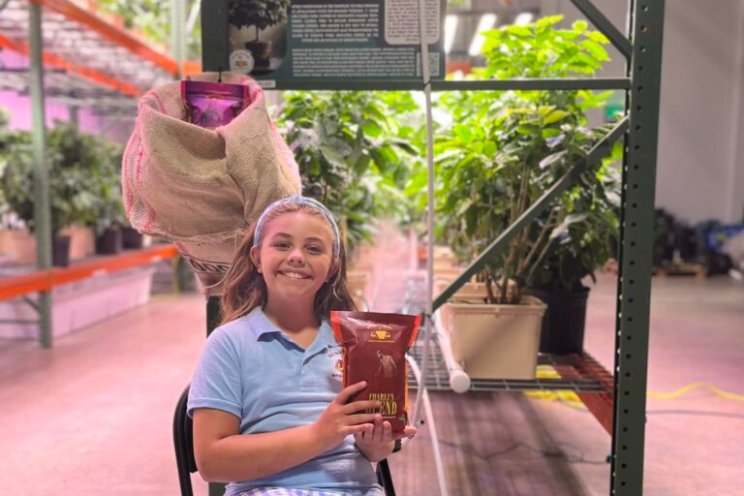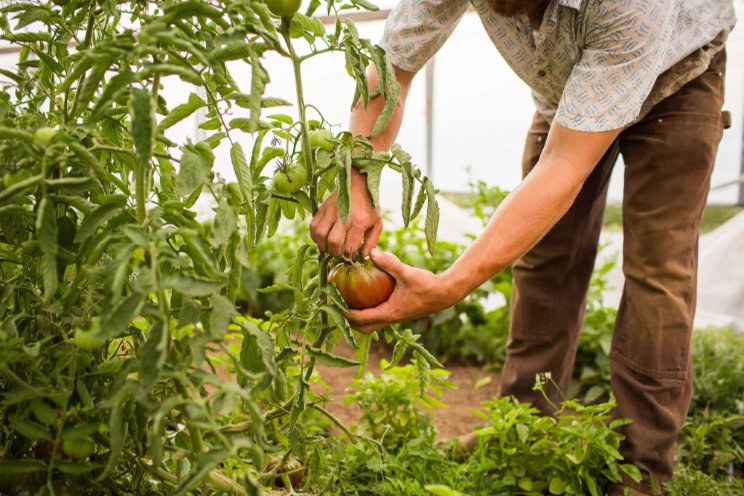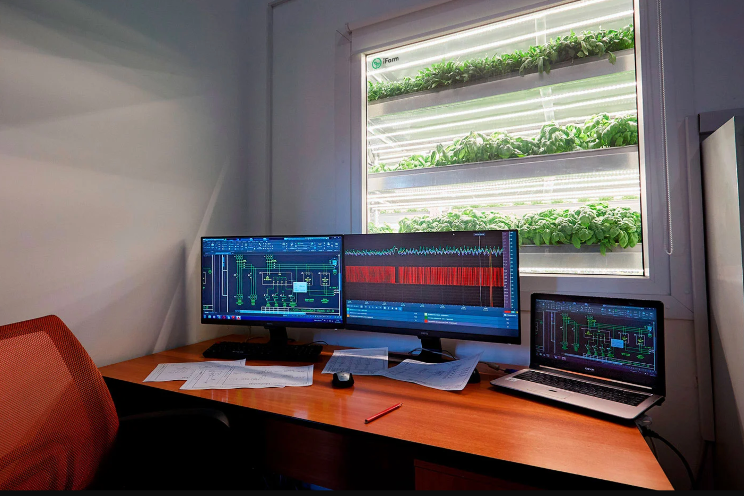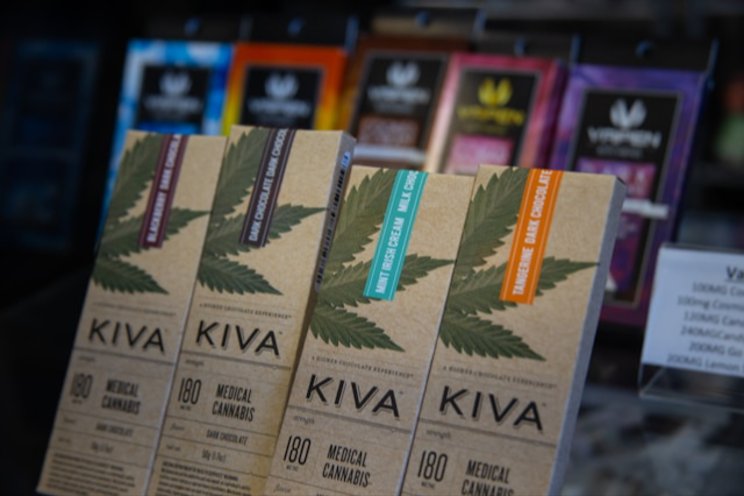Village Farms acquires 80 per cent of Leli Holland
Added on 16 October 2021
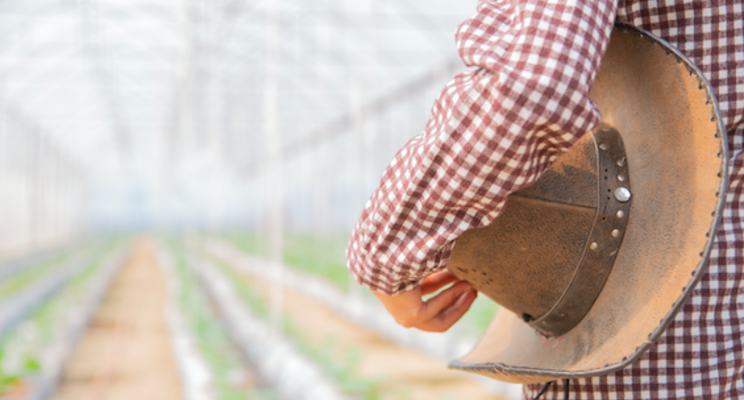
Subject to customary government approval, Leli is one of the 10 applicants selected by lottery to receive a licence to legally cultivate and distribute cannabis to retailers, known as coffee shops, when the Dutch government implements its experiment to investigate closed cannabis supply chains.
The Dutch Supply Chain Experiment, which is scheduled to operate for a minimum of four years with the potential for national expansions, is expected to be the first legal recreational cannabis market in Europe.
"We view the Dutch Supply Chain Experiment as a critical step toward the broad legalization of recreational cannabis in Europe, and our majority ownership of Leli as both an opportunity to participate in the first recreational market in Europe and a springboard to becoming as major participant in a broader recreational market in Europe," said Michael DeGiglio, CEO Village Farms.
Mr. DeGiglio concluded, "Building on the successes of Pure Sunfarms in Canada, we look forward to leading the market in another legal, regulated recreational cannabis market, with an existing, large consumer base, in what we hope becomes a national and permanent policy. Europe, more broadly, represents a significant long-term opportunity in cannabis. "
The Option Agreement provides for Village Farms to acquire 80 per cent of Leli's shares for a total of 3.95 million euros.
Leli and Village Farms plan to construct two indoor Controlled Environment Agriculture (CEA) production facilities, leveraging Leli's track record managing complex regulatory and approval procedures in the Netherlands at the both the federal and local levels, as well as specific cultivation experience, and Village Farms' three-plus decades as a vertically integrated CEA grower, as well as its experience in cultivation, product development and commercialization in the Canadian legal recreational cannabis market.
As the majority owner of Leli, Village Farms will be responsible for the development of the project and product commercialization throughout the fully vertically integrated business model, including design and construction of the facilities, operation of the facilities (providing cultivation and harvesting expertise and drying technology), product development and strategy, branding and marketing, leveraging the experience gained in each of these areas through its wholly owned subsidiary, Pure Sunfarms, in Canada.
The total supply requirement for the ten approved producers participating in the Dutch Supply Chain Experiment is specified by the Netherlands government to be approximately a minimum of 65,000 kilograms of dried flower annually.
Should the Dutch Supply Chain Experiment be expanded nationally (from the initial approximately 80 coffee shops to the nearly 600 coffee shops) following formal evaluation by the Dutch government during the third year of the program, it is estimated that the Netherlands would require a minimum of 485,000 kilograms of dried flower annually to fulfill demand.
Under current Netherlands law, the sale and use of cannabis for recreational purposes is tolerated, however, production and distribution are strictly prohibited, a policy which believed to negatively impact public order, safety and public health.
The Dutch Supply Chain Experiment is intended to determine whether and how controlled cannabis can be legally supplied to coffee shops to address the lack of quality standards and societal impact of cannabis-related crime. Scheduled to be in effect for a minimum of four years (following a one-year preparation period), under the program all coffee shops in the 10 selected cities (currently approximately 80 coffee shops in total) will be legally required to purchase all of their cannabis exclusively from the approved, federally licensed producers.
Read more on Greenhouse Canada.
Photo created by jcomp - freepik
Source: Greenhouse Canada
More news

